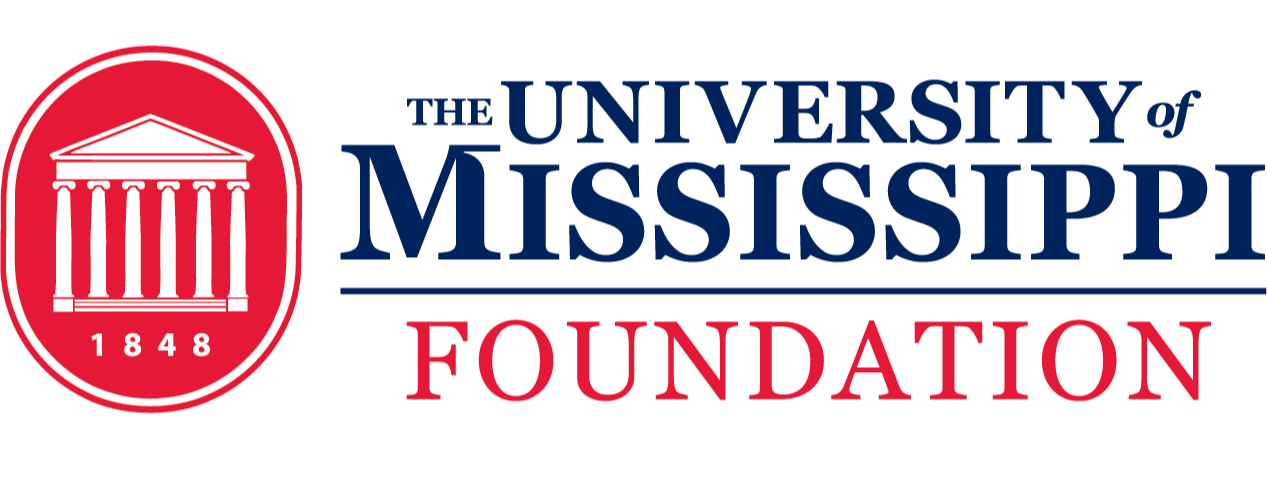Two University of Mississippi faculty members from the College of Liberal Arts with extraordinary records in teaching, research and service have been named Distinguished Faculty Fellows.
The honorees are Jay Johnson, professor of anthropology and director of the Center for Archaeological Research, and Richard Raspet, professor of physics and astronomy and a principal scientist at the National Center for Physical Acoustics.
The fellowships include awards of $10,000 annually for three years. Fellowships are funded through the UM Foundation, with support provided by alumni and friends and the Hardin Foundation.
"Both these faculty members are exemplary in their teaching, research and community service efforts," said Glenn Hopkins, dean of the College of Liberal Arts. "Dr. Johnson has helped apply new technologies to archaeological research, and his work was an important part of bringing a major NASA grant to the university. Dr. Raspet’s work in sound propagation has far-reaching potential, ranging from military applications to medical technologies that may save countless lives."
Johnson is one of the world’s leading authorities on the development and use of stone tools by prehistoric American Indians. He also has pioneered the use of remote sensing and Geographic Information System technologies for archaeological research in the Southeast.
"Dr. Johnson has assembled a distinguished record of achievement in research, teaching and service," said David Swanson, chair of sociology and anthropology. "His peers, colleagues and students all hold him in high regard."
Since its formation in the early 1970s, the Center for Archaeological Research has conducted more than $4 million in research, funded by contracts and grants from the U.S. Army Corps of Engineers, Tennessee Valley Authority, National Park Service, Soil Conservation Service, National Geographic Society, National Endowment for the Humanities, National Aeronautics and Space Agency, Mississippi Department of Archives and History, National Audubon Society and others. This research has focused on the northern half of Mississippi but has included projects in Louisiana, Alabama, Georgia, New Mexico, and California.
"I am fortunate to have spent my professional life at Ole Miss," Johnson said. "I have had the freedom to develop my research and have had a long line of very good and very interested students to share that research with. Add to that a group of agreeable and excellent colleagues and you have a situation that is hard to improve."
Raspet is an internationally recognized leader in the science of sound propagation. He is studying wind noise reduction for various applications and is working on the optimization of devices that use thermoacoustics to generate electric power from waste heat.
A fellow of the Acoustical Society of America, Raspet has authored or co-authored more than 100 refereed scientific publications and serves as a peer reviewer for numerous scientific journals, including Nature and Science. He holds two patents and has received approximately $5.4 million in research grants.
"Dr. Raspet is an excellent, demanding teacher," said Thomas Marshall, chair of physics and astronomy. "He is generous with his time to meet with students in spite of having a full research and service schedule."
Said Raspet, "The Distinguished Faculty Fellowship provides recognition and validation of my work in teaching, research and service by my colleagues. It provides a real boost to my morale beyond promotion to full professor."
Distinguished Faculty Fellows are nominated by their peers and selected by a committee of past recipients, holders of named chairs and chairs of departments.

